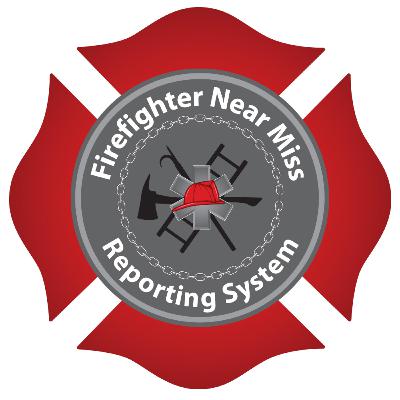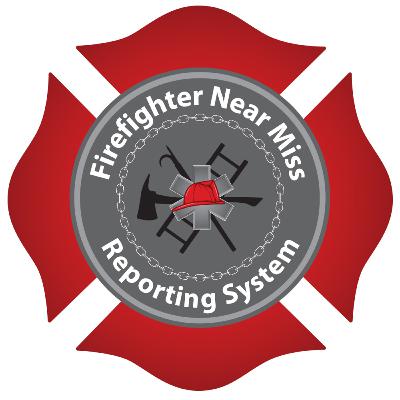Discover Firefighter Near Miss Reports of the Week
Firefighter Near Miss Reports of the Week

Firefighter Near Miss Reports of the Week
Author: FirefighterNearMiss.com
Subscribed: 44Played: 64Subscribe
Share
© FirefighterNearMiss.com
Description
Each week, we highlight a Near Miss report that has an important learning moment to offer. Report of the Week includes the synopsis of the highlighted report, the lessons learned and leading practices that emerged from the event, and discussion points that you can use to go over the highlighted case with your crew. Report of the Week is best used as a kitchen table training tool: it’s a fast, efficient way to quickly internalize an important learning moment.
15 Episodes
Reverse
Several things can impede our situational awareness. In this week’s report, newly fallen snow hides the exact location of the edge of a pool. As fellow firefighters are working hard to battle the flames inside a burning structure, the Incident Safety Officer takes a dip in the pool – wearing full bunker gear!
The best-intentioned instructors often forget the basic core fundamentals. Training is a forum where we expect failure and look for improvement. In this week's Report of the Week, we are reminded why we need to be extra vigilant if using “live” victims for training evolutions.
Fire crews working a fire in a long-abandoned church took care to plan their defensive attack with safety in mind, but it turned out a life-threatening hazard was hiding in plain sight.
Back-up hose lines help back-up teams save lives every day. Having personnel spot us when backing apparatus prevents costly property damage when a fire truck shifts into reverse. Our profession is risky. Let’s remind ourselves why back-up systems are so important.
Holidays at the firehouse are some of the best days to work. During the holiday routine, normal daily activities tend to relax, and the shift is spent in celebration with family and friends. However, just because there is an engine parked in the bay, doesn’t exclude the potential for cooking fires.
When a collapse occurs right next to another firefighter, the victim decides to get his partner's attention rather than call a mayday. The difficulty with this decision soon becomes apparent.
Though it seems this summer never ended, soon winter will blast away the memories of record temperatures with bone-chilling winds and frozen precipitation – and requiring us to adapt to meet the new challenges cold weather brings our way. We must mentally prepare ourselves for the impact cold weather has on our minds, bodies, and equipment, as embodied in the following near-miss experience.
Firefighters responded to a mutual aid fire in a cornfield. Their assignment was to fill brush trucks from the tender, however wind caused the fire to flare up, almost overtaking their position.
While trying to avoid traffic and think about the response, a driver turns too quickly and strikes the station with an engine. How many times has this almost happened to you?
A fire crew was working to extricate two patients from a vehicle involved in a collision. Their extrication tool broke, and one of the firefighters was struck in the head by a piece of the tool.
Gasoline spills are frequent, and firefighters often underestimate the dangers. In short, you can get burned the day of the incident or get cancer twenty years after the event. Check out this near miss where important PPE was missing during a fuel leak due to the assumption that Gasoline has no adverse health effects.
During Fire Prevention Week, it is customary to have several visitors in firehouses. However, let’s not forget that there are potential hazards to those not familiar with our equipment. Visiting the fire station is an exciting time for school children. On this occasion an inquisitive child’s curiosity nearly resulted in a tragic accident.
A mayday or Rapid Intervention Team deployment can already cause command and control issues on any scene. Add in the complexity of a unified command at a mutual aid event, and the stakes grow even higher. During this event, a Battalion Chief and an Engine Company respond to a mutual aid incident to assist with an attic fire.
Behavioral Health is a topic that the fire service continues to embrace and organizations such as the IAFC and the IAFF make it a priority to assist and support those people in the fire service suffering from these issues that can lead to other disorders such as Post Traumatic Stress Disorder (PTSD), or Post Traumatic Stress (PTS). This report details how a reasonably routine training evolution can trigger symptoms consistent with PTSD, or PTS.
Responding to a single-story residential structure fire with smoke showing from the alpha side, crews experienced a sudden increase in fire conditions. Learn what happened and find out more information on Positive Pressure Attack and how Underwriter's Laboratory can help you learn more about this tactic.






